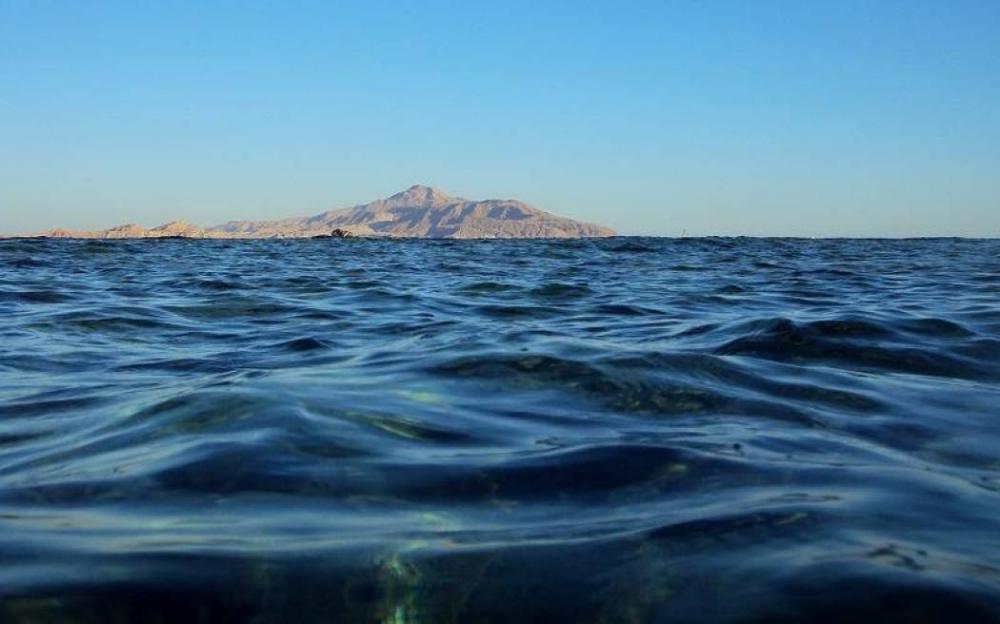The Atlantic Ocean is the second largest ocean in the world, extending over an area of approximately 106 million square kilometers. It is bordered to the west by the Americas, and to the east by Europe and Africa. The Atlantic Ocean plays a vital role in human history, as it was and still is a route for trade, discoveries and diverse cultures.
### Geography and terrain
The Atlantic Ocean extends from the Arctic in the north to the Antarctic in the south. It is characterized by a diverse terrain that includes seamounts, deep basins, and benthic plains. The Middle Atlantic Rift, which runs north to south across the ocean, is one of the most prominent geological features, where continuous tectonic activity occurs, creating new oceanic crust.
### Marine currents and climate
Ocean currents in the Atlantic Ocean play an important role in regulating global climate. These currents include the warm Gulf Stream, which transports warm water from the Gulf of Mexico to the North Atlantic Ocean, affecting the climate of northwestern Europe. Atlantic Ocean currents also play a role in distributing heat and salinity, which contributes to the stability of marine ecosystems.
### History and discoveries
The Atlantic Ocean has been the scene of many major discoveries, from the Vikings who crossed the ocean to North America a thousand years ago, to the European expeditions of the 15th century. Christopher Columbus and John Cabot were among the explorers who crossed the Atlantic, opening the way for cultural and trade exchange between the Old and New World.
### Economy and Trade
The Atlantic Ocean is a vital artery for global trade. Major sea lanes pass through it transporting goods between the Americas, Europe and Africa. The global economy depends heavily on the movement of transatlantic shipping, including oil, natural gas, agricultural products, and manufactured goods. Marine fishing also plays an important economic role, as the fishing areas in the Atlantic are considered among the richest fishing areas in the world.
### Biodiversity
The Atlantic Ocean hosts a rich biodiversity that includes a wide range of marine organisms such as fish, marine mammals, seabirds, and coral reefs. The Atlantic's marine ecosystems range from deep basins to sandy coasts and coral reefs, making it home to a wide range of marine species.
### Environmental challenges
The Atlantic Ocean faces many environmental challenges such as marine pollution, overfishing, and climate change. These challenges degrade marine ecosystems and affect biodiversity. Maintaining the health of the Atlantic Ocean requires international cooperation and sustained efforts to protect the marine environment.
### Conclusion
The Atlantic Ocean is an integral part of the global ecosystem and global economy. With its rich history, biodiversity, and economic importance, the Atlantic Ocean remains a focus of interest and study. Confronting environmental challenges and ensuring the sustainability of its resources requires a global commitment to strengthening marine protection policies and international cooperation. Maintaining the health of the Atlantic Ocean ensures its continued vital role for generations to come.

